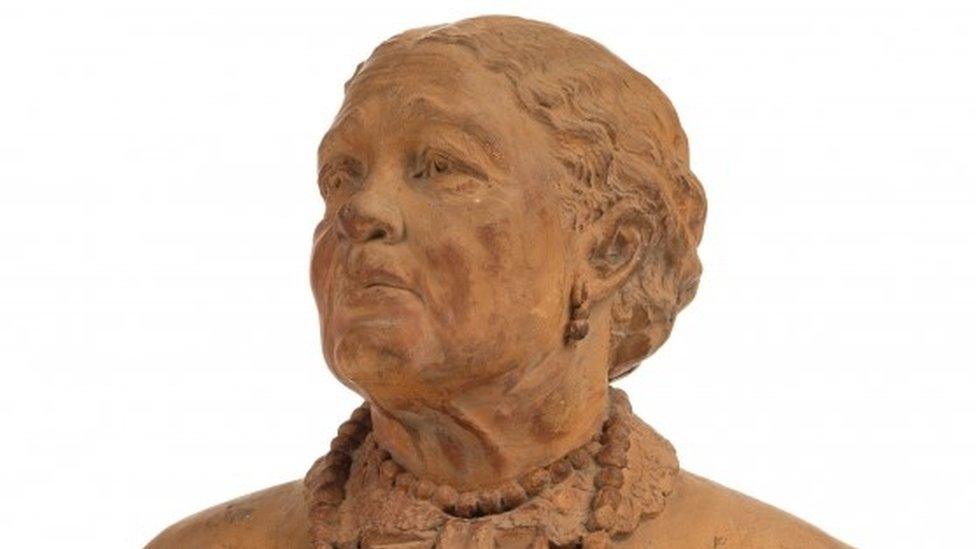BAME people set to feature on British notes and coins
- Published
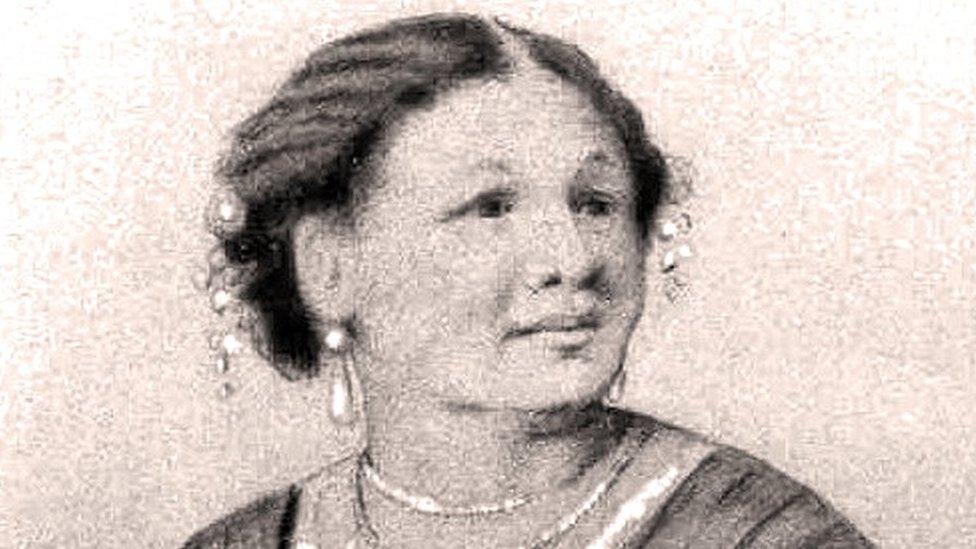
Jamaican-born nurse Mary Seacole cared for dying and wounded soldiers
Black, Asian and minority ethnic figures (BAME) are set to feature on British notes and coins for the first time.
Chancellor Rishi Sunak is considering proposals from a campaign group for legal tender to be more inclusive, according to the Sunday Telegraph, external.
Mr Sunak has asked the Royal Mint to come up with new designs honouring BAME figures.
Military nurse Mary Seacole and spy Noor Inayat Khan are being considered.
The former Conservative parliamentary candidate Zehra Zaidi is leading the Banknotes of Colour campaign.
She says no non-white person has ever been featured on British currency.
"Who we have on our legal tender, our notes and our coins, builds into a narrative of who we think we are as a nation," she told BBC News.
"People from all backgrounds helped build Britain."
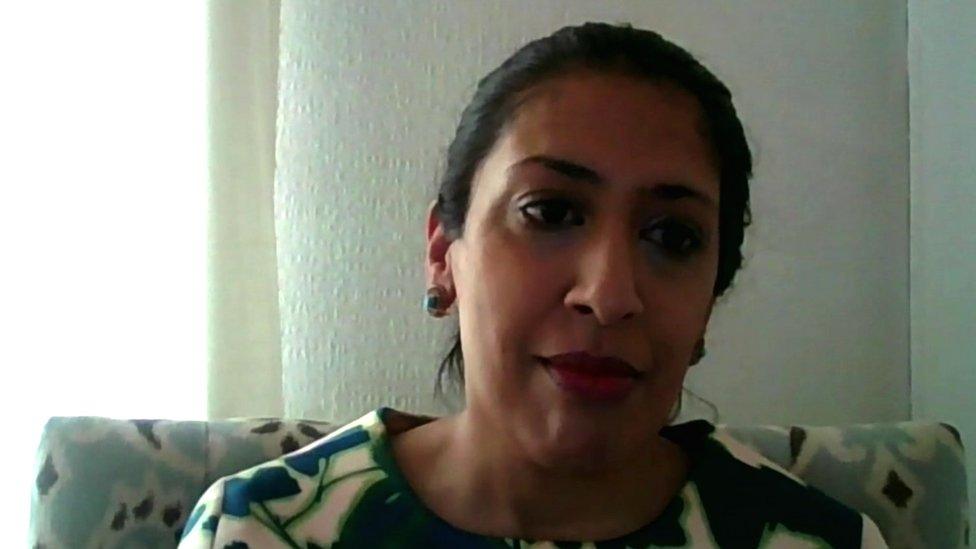
The former Conservative parliamentary candidate Zehra Zaidi is leading the Banknotes of Colour campaign
BAME people who have served the nation - such as military figures and nurses - have been put forward for the proposed set of coins.
Two years ago Ms Zaidi started a petition for the British World War Two secret agent Noor Inayat Khan, who was also a descendant of Indian royalty, to be featured on a coin, but the campaign fell on deaf ears.
"She was the first female radio operator to be sent to enemy-occupied France," said Ms Zaidi.
"She was one of only four women in history to receive the George Cross."
The Jamaican-born nurse Mary Seacole is also being considered. She was born in the Caribbean to a Scottish father and a Jamaican mother.
At the outbreak of the Crimean War she travelled to England hoping to join Florence Nightingale's team of nurses.
When she was turned down, she travelled to the Crimea herself and established the "British Hotel" - somewhere the soldiers could rest and enjoy a good meal.
In May, a community hospital was named after the pioneering nurse.
BAME figures such as Walter Tull, the British Army's first black officer, have been featured on commemorative coins in the past.
"But commemorative coins are not the same as legal tender because legal tender acts as a passport, an ambassador," says Ms Zaidi.
"We must tell the story of inclusive representation as it matters for cohesion and it matters in the narrative of who we are as a nation."
- Published18 October 2018
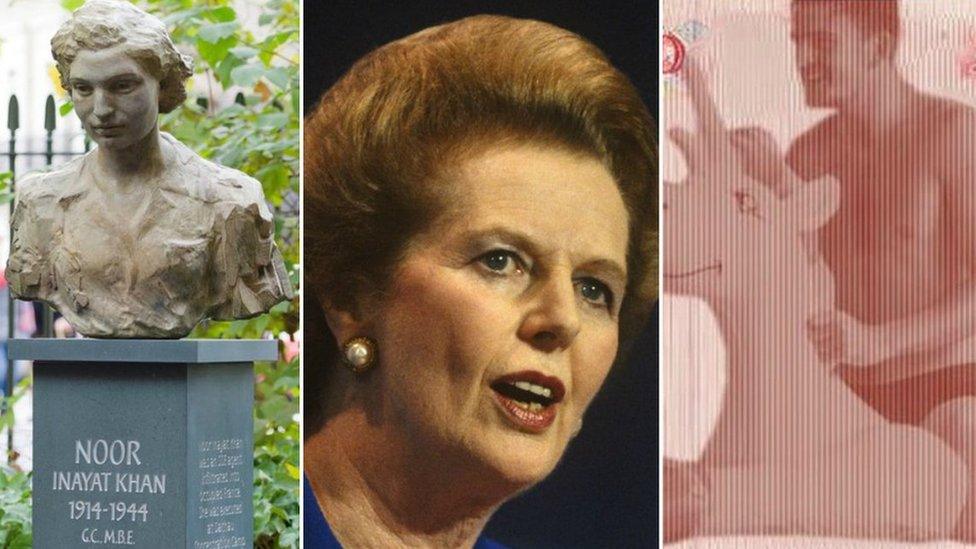
- Published12 May 2020
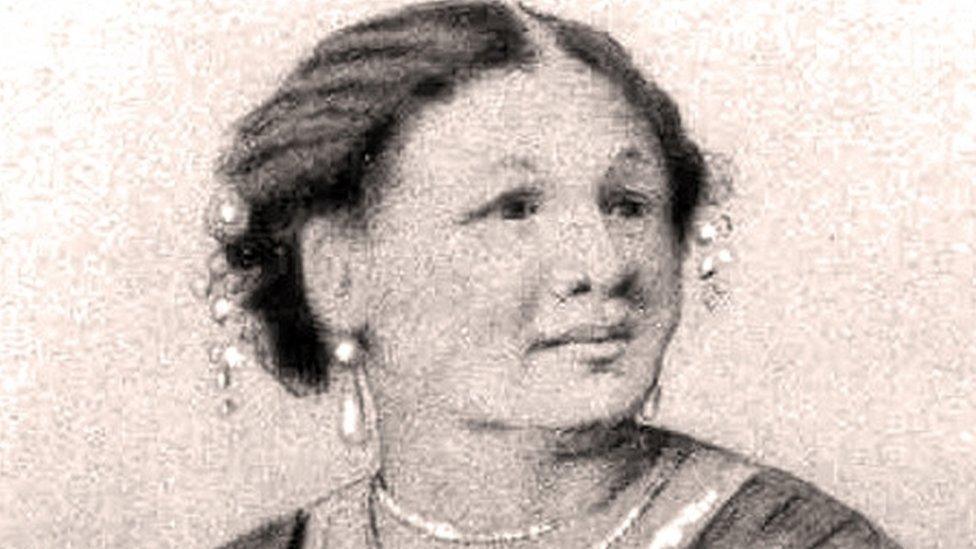
- Published24 July 2020
